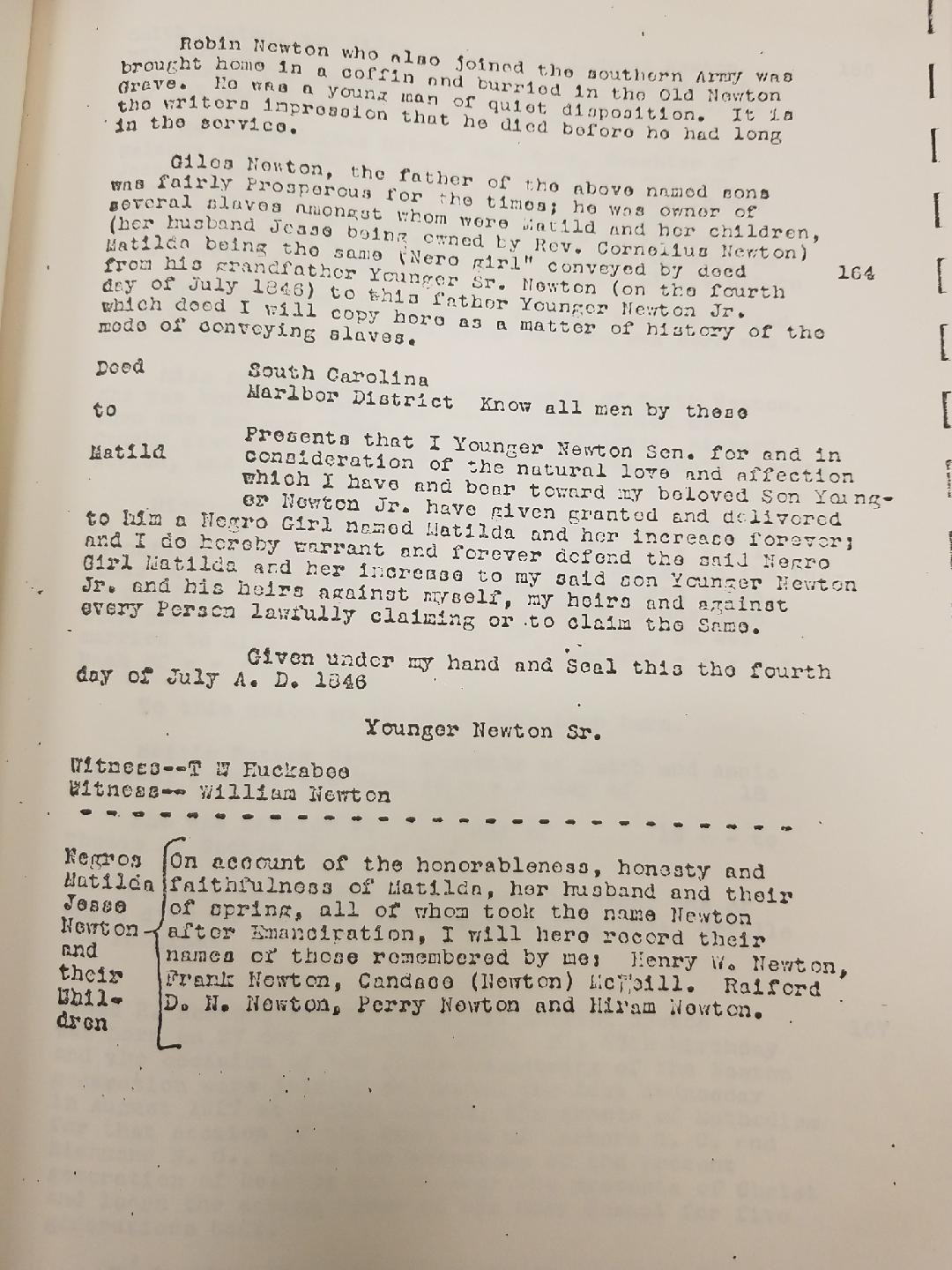Love vs Blood: Sankofa Series
I live for moments of divine alignment. In July 2021, the eldest living members of my family on my father’s side decided to celebrate life and surviving COVID. They organized a birthday BBQ and I was invited two weeks before the event. I was amped for my first trip to Virginia and to meet members of my extended family. As God would have it, less than a week before I confirmed my travel arrangements a fellow researcher found a record that reflects my 5th great-grandmother and 4th great-grandmother and their last known slaveholder. I fell to the floor and cried at the revelation.
I was so excited with the discovery I rushed to compile 7 years’ worth of research into a rough draft documentary to show my extended family in Virginia. I intended it as a birthday surprise and a gift for my family. Unfortunately, I arrived in Norfolk to a mixed reception. A 2nd cousin once removed got upset that I did not include his love child on our family tree. I tried to explain genealogy and the basis of my work but he was emotional (and perhaps slightly buzzed) and unreceptive. I left the BBQ and stewed in my hotel room for about an hour. As I ruminated, I got curious about how much time; I have spent documenting our family. I didn’t even realize 7 years had passed. That adversity sparked my creativity and I began to brainstorm ways to amplify my work and encourage other Black families to start their own research. That was the birth of this series.
Mama’s Babies Daddy’s Maybes
I share that story to say this “who” you are documenting is the 2nd most important thing after your “why.” In African-American culture we often claim our “love” family as much as our “blood” family; this tradition is historically rooted in the system of slavery. Our families were ripped apart. Father’s and mothers separated, children were sold off to plantations both near and far. We created chosen families as a means to care for each other and cultivate connections that mattered most to us. Long after emancipation, our families remained uniquely blended and reformed.
So who do you want to document? I made the decision to exclude “love” family from my trees. I only included “mama’s babies” and excluded “daddy’s maybes”. I’ve had cousins on both sides come up as DNA matches and looking for their daddies - who were rolling stones moving out of wedlock. Tread lightly over the skeletons you are likely to find in the closet. I took a similar approach with spouses and only documented legal marriages and unions that resulted in a child. I did not include any step children. It’s an individual decision on who you choose to include on your tree; so choose wisely. If you’re like my cousin Jae, leaving loved ones off your tree may be too heart wrenching for you. A work around would be to have multiple versions of your tree one with love family and one with blood and maybe a third with everyone in between. In fact, it may be beneficial to have multiple versions of your family tree based on which branch of your lineage you are documenting. I am currently maintaining 4 separate family trees; I have a tree for each of my grandparents. Once you decide how you want to organize your trees then start with who you know. List the relatives that are closest to you (parents, grandparents, aunts, uncles, cousins etc,) then branch out from there
“Put some respect on my name.”
- Bryan “Birdman” Williams
How you document the who is important. Capture government names, nicknames and relational names because you might find all three in official records and it helps to establish relationships. The 1900s census lists my 4th great-grandmother Matilda Drake by her nickname Tilda. Similarly in 1910 her sister LuEllen is just documented by her nickname Lula. Nicknames establish relationships and sometimes help to bring your ancestors to life and create a greater glimpse into who they were to the people in their lives. For the example my 3rd great grandmother is affectionately called Grannie Annie; she had 20 grandchildren and would sometimes sew clothes for them. Sounds like a loving lady right? You also never know what stories are behind people’s names. I have on Uncle who’s original name was Curl but he legally changed it to Carl; nearly six decades passed before his siblings learned that their parents named him Curl.
I’m primarily speaking in terms of collecting information from documents, but family narratives are just as important. When it comes to collecting oral history, please be mindful of triggers and trauma while digging. The past might be too painful for some. For decades I was told not to ask any of my aunts and uncles about my grandmother because she her sudden death was too traumatic to them. I respected my mom’s wishes but kind of wish that I had not. Nearly five decades following my grandmother’s transition, my aunts and uncles shared hours of stories about their mom and growing up in the south. Don’t push. It’s common for elders to refuse to share their story multiple times before they finally change their minds and start talking. Also be open and willing to accept the fact that some many never share. Equally, don’t worry if you only have a piece of a memory that may spark something in someone else and together you make a full picture. Families hold a lot of happiness and hurt. Give yourself space and time to do genealogy work and nurture yourself through the process. Allow this work to be healing and revealing instead of compounding your trauma.

